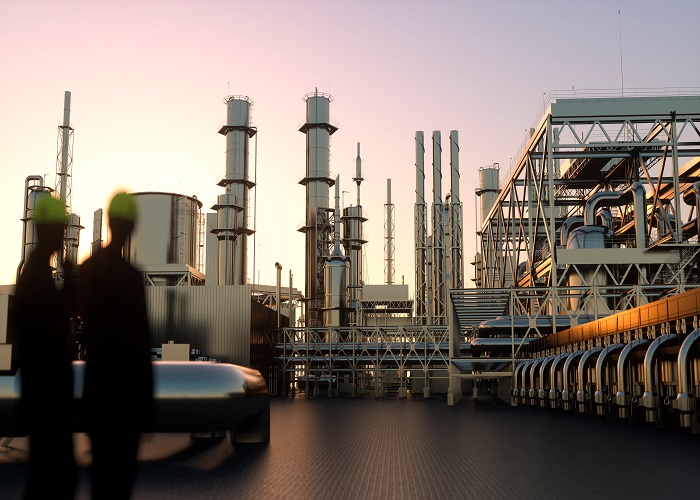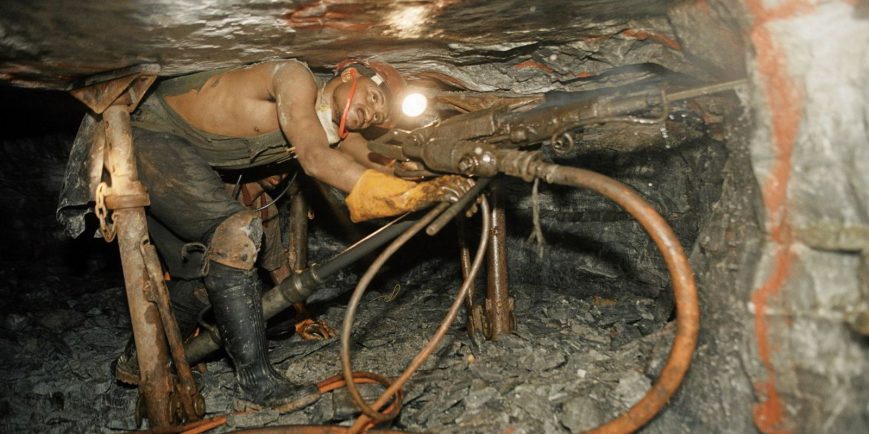
In this, the first of a two-part article, Associated Energy Services (AES) commercial director, Dennis Williams, says: “Anything that we can do to help manage inflationary pressures, and to ensure a manufacturer can get their products to market cost-effectively – so that their customers can affordably access what they need – is always a good thing.”
“As one of South Africa’s leading operations and maintenance service providers, with a 30-year track record of providing cost-effective energy-efficiency to the chemical manufacturing sector, AES understands the important role which chemicals play in the manufacture of everything from very technical, application-specific products to commonly used, everyday consumables,” Williams explains, adding that – by advising and supporting local chemical manufacturers in the optimisation of their energy plant operations and maintenance – AES contributes to greater productivity and cost-savings, with a positive knock-on effect for industry and the economy as a whole.
A track record of good chemistry
AES began working for its first client in the chemical sector 3 decades ago, in Pretoria during the 1990s. The company supplied super-heated steam for a steam turbine. Steam was also used in the by- products recovery plant at the same manufacturer, where wash oil was heated to drive off the tars – benzene, toluene and xylene – which could then be beneficiated. The cleaned gas was then returned to the coke oven battery for use as a fuel.
AES’s role in the chemicals sector then evolved, with various manufacturers which became clients. In 2003, AES worked on a dehumidifier regeneration steam supply project for a large pharmaceutical manufacturer in KwaZulu-Natal. Here, AES’s thermal system drove hot air through a humidifier filled with an industrial desiccant to remove moisture from the production plant.
An even more recent project for a large chlorine manufacturer saw AES installing four gas-fired boilers. Since installation was completed in June this year, the company has been working closely with this particular client to optimise and improve steam production, and contain their thermal energy costs.
Steam for the people
“In the current economic climate, efficiencies across all business areas are critical. One of the significant challenges for local chemical manufacturers is global chemical producers, which make chemicals very cheaply. Local manufacturers risk having their products displaced by more affordable (but not necessarily better or safer) imported chemicals – which has massive implications,” says Williams.
He adds that the best way to manage thermal energy – and production costs as a whole – is by giving chemical manufacturers the best possible chance to maximise production efficiencies and reduce the amount of steam used.
“Although it may seem contradictory, it is in our interests to give clients the best quality thermal energy supply, and enable them to keep their demand for steam from AES to a minimum. This makes them stronger and more competitive – and that gives AES longevity on site – even though we may be producing smaller volumes of energy, he explains.
“For example, when you think of chlorine products which are used in the treatment of water, you realise that these are supplied to every municipality. Any cost or availability issue will impact on every person in South Africa, as everyone drinks water, and uses it for domestic, agricultural, manufacturing and many other applications. Therefore, the knock-on effect of AES’s energy efficiency management impacts not only on those chemical producers – but also on their supply and export chains – and even the person in the street. Think every day consumables such as washing powder, shoe polish, almost any consumable one can think of,” he says.
Continued in Part 2…
More news
- CELEBRATING EXCELLENCE IN THE RESIDENTIAL PROPERTY SECTOR
- PART 4: GIBS PANEL DISCUSSES INTEMEDIATE CITIES ROLE IN AFRICA’S DEVELOPMENT
- EXPOSED AGGREGATE PAVERS COMPLEMENT NEW LIFESTYLE CENTRE
- GIBS PANEL EXPLORES ROLE OF INTERMEDIATE CITIES IN SA’S DEVELOPMENT PART 3
- CITI-CON’S CONCRETE KNOWLEDGE SUCCESSFULLY DEPLOYED ON NEW LANDMARK DEVELOPMENT





